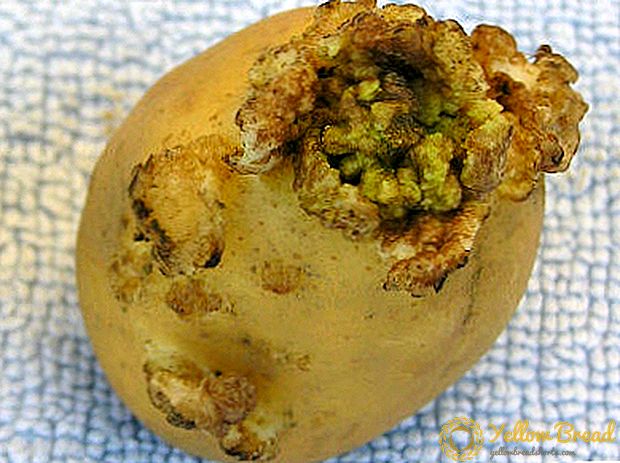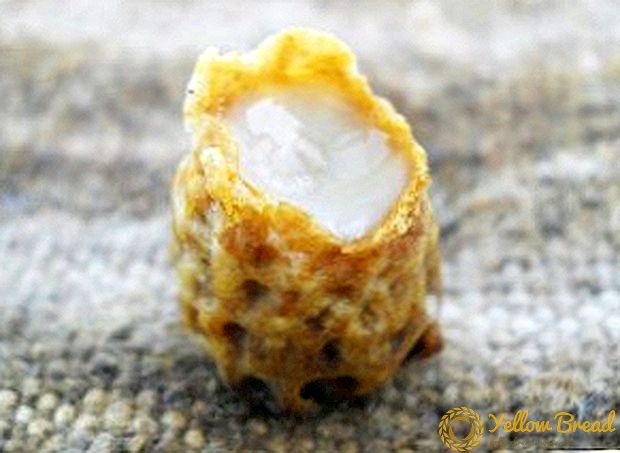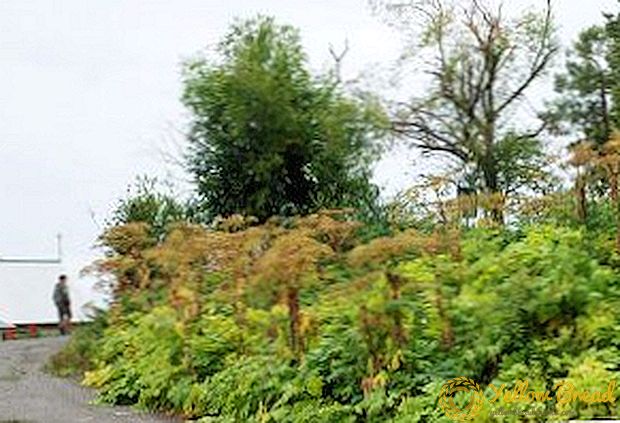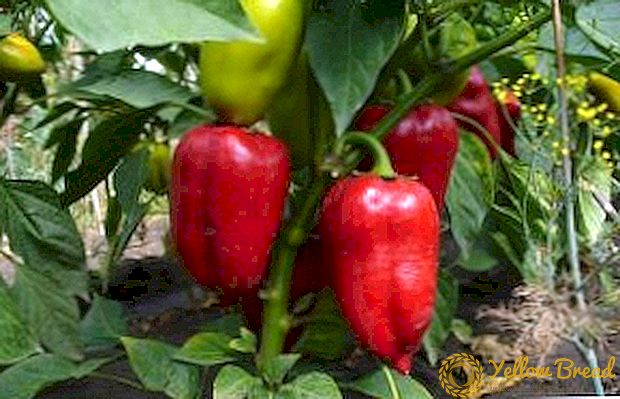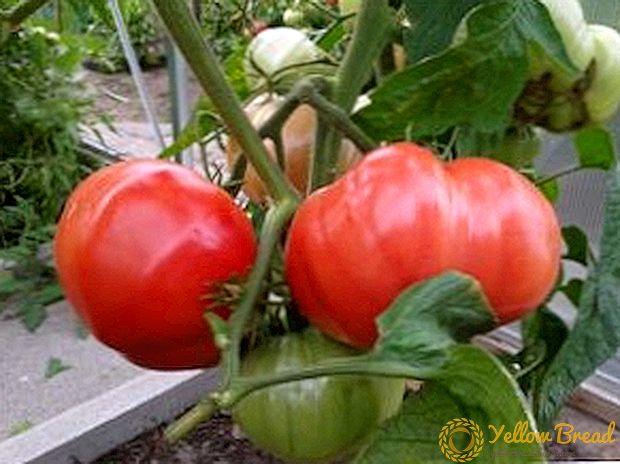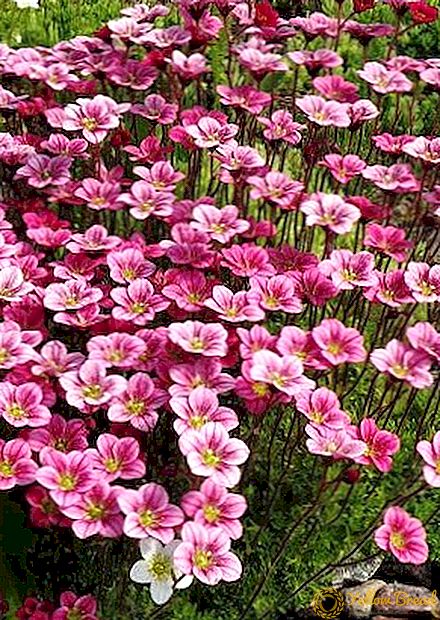 What could be better than large, juicy, fleshy tomatoes for a fresh salad? Having picked such fruits, one wants to immediately taste their tender flesh and feel the taste of their juice.
What could be better than large, juicy, fleshy tomatoes for a fresh salad? Having picked such fruits, one wants to immediately taste their tender flesh and feel the taste of their juice.
Properly selected tomato variety will please not only the yield and juiciness of fruits, but also the simplicity of care. Most gardeners agree that the Alsou tomato possesses the best characteristics, a description of which we will provide below.
- Description
- Bushes
- Fruit
- Characteristic variety
- Advantages and disadvantages
- Landing features
- Open field maintenance
- Disease and Pest Resistance
- Harvesting
Description
Alsou tomato - the result of the work of Siberian breeders - was included in the State Register with instructions for cultivation in the territory of Eastern and Western Siberia and the Urals. And all this thanks to the excellent ability to endure adverse climatic conditions.
Bushes
Bushes in tomato "Alsou", like most heart-shaped varieties, weak, with a thin stem and drooping leaves. Because of this feature, the plant needs garter and regular pinching. Gardeners are advised to form a bush in 2-3 stems. 
Fruit
Ripe tomatoes are quite large, heart-shaped, bright red, reach sizes of more than 300-500 g. Meaty, but not very juicy. Of particular value due to the high content of sugars and solids.
Tomatoes of this variety can have a different shape: it depends on the growing conditions. Most often they are standard heart-shaped, and sometimes they can be slightly elongated and flattened. 
Characteristic variety
Acquaintance with tomato "Alsou" is necessary with a description of its main characteristics. So, this variety is early ripe. From the moment of sowing the seeds until the first ripe fruits are received, it takes 90-100 days.
This tomato belongs to determinant varieties, but differs in one feature: it can be cultivated both in unprotected soil and in greenhouse conditions.
This tomato has a consistently high yield - 7-9 kg / m², or 4 kg from a bush. Even in the northern regions can get a decent result.
Advantages and disadvantages
It would seem that many tomatoes are similar to each other, and to choose one or another variety does not make sense. But only those who do not think about the advantages or disadvantages of a particular culture can reason like this.  The main advantages of tomato "Alsou" are:
The main advantages of tomato "Alsou" are:
- large fruits;
- good yield;
- universality of cultivation;
- excellent product quality;
- early term of aging;
- high immunity to diseases;
- ease of growing;
- great taste.
- weakness of the trunk;
- binding to the supports;
- because of the large fruit it is impossible to preserve entirely.
Landing features
Despite the fact that this variety is characterized by good yields, this result can be achieved by observing the basic rules of planting and care.
So, these tomatoes love the sun and rich soils. Therefore, the site must be chosen open, with fertile land. When planting adhere to the scheme 70x50 cm. Thickening the beds should not be.
Open field maintenance
Like many vegetable crops, the Alsou tomato needs regular fertilizer and watering - only then can a good harvest be obtained. It is especially important to observe the mode of watering at the time of fruit set. Water the plant as the topsoil dries, and on hot days it is daily.
It is better to feed the plant every 3 weeks with complex mineral fertilizers (for example, Plantafol). Especially important for tomato is boron and potassium.
You can fertilize the plant with mullein, humus and other organic fertilizers. However, you should not get involved in them, because this can lead to a buildup of green mass, which prevents air exchange.
Do not forget about the removal of weeds, weeding and pasynkovanii bushes.

Disease and Pest Resistance
Specialists in the description of tomato "Alsou" note not only good yield, but also resistance to various diseases, which only improves the characteristics of the variety.
To prevent the invasion of pests, it is enough to treat the culture with insecticides once a month.
Sometimes the plant can be affected by brown spot. To get rid of her bushes are treated with drugs based on copper. The affected areas are removed so that the disease does not spread further.
Harvesting
You can remove the fruit as they ripen. As a rule, it is June-August. If the harvest does not ripen before the onset of cold weather, plants can be moved to boxes and left to ripen indoors, or brown fruits can be harvested and allowed to reach the room at room temperature.  As you can see, the tomato "Alsou" received a completely deserved recognition of the majority of vegetable growers for the unique combination of low bushes with rather large fruits. In addition, the cultivation of this variety does not require extra effort and time.
As you can see, the tomato "Alsou" received a completely deserved recognition of the majority of vegetable growers for the unique combination of low bushes with rather large fruits. In addition, the cultivation of this variety does not require extra effort and time.

